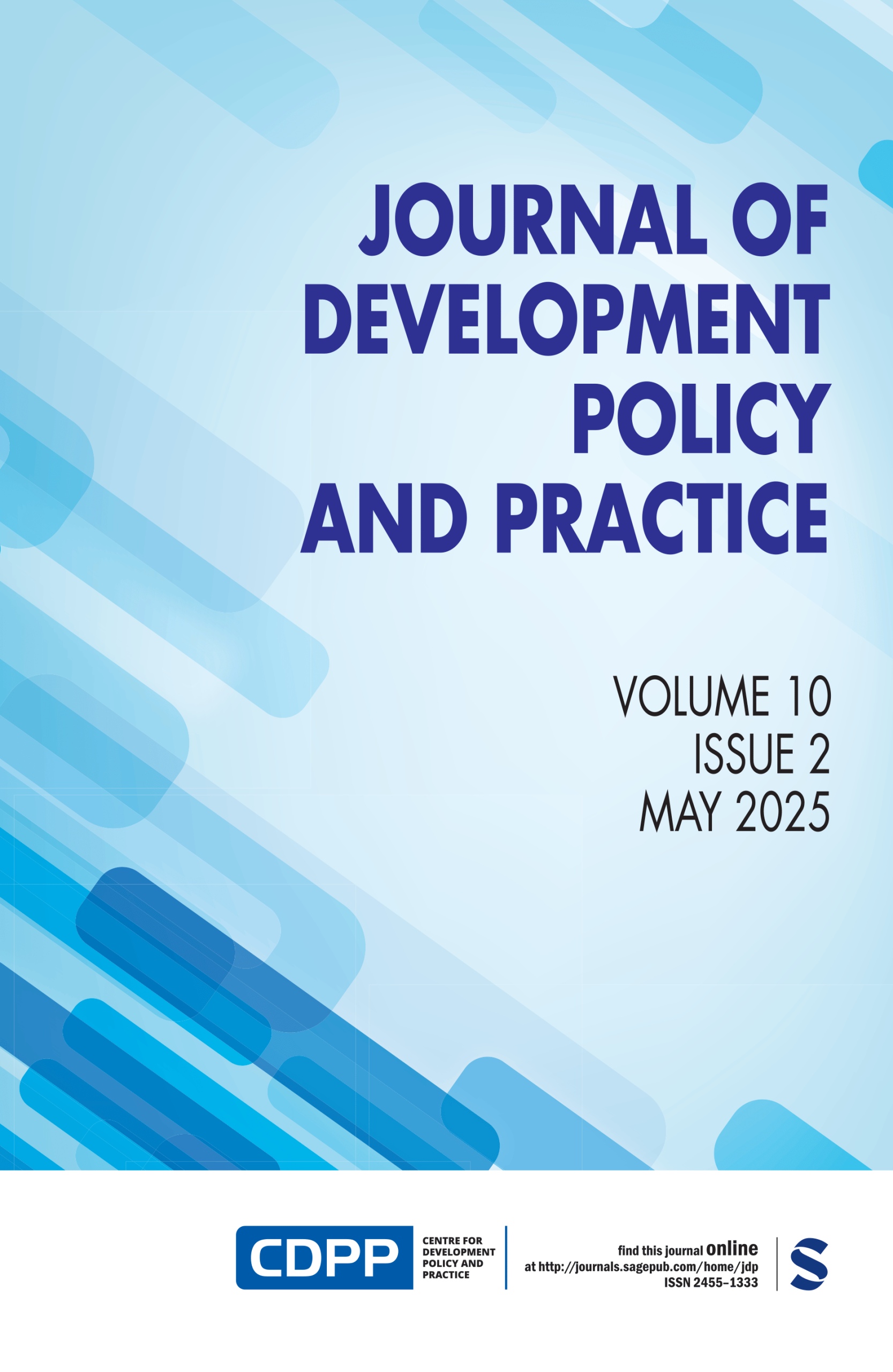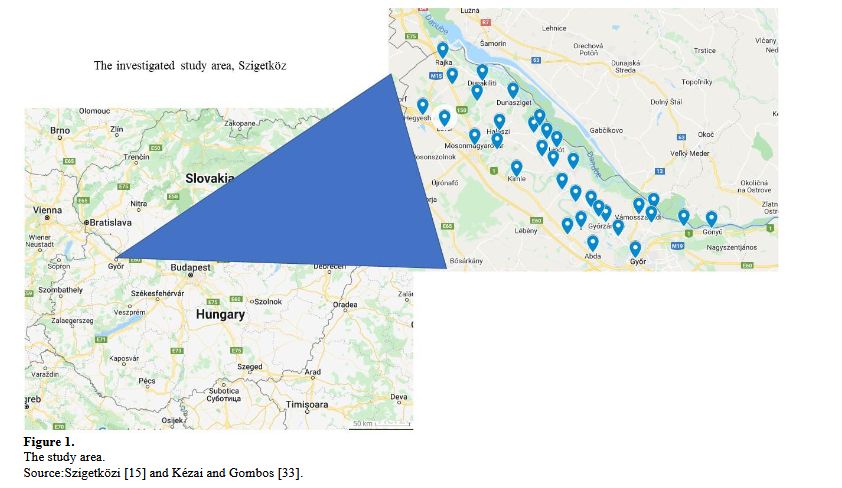The presentation will take place in a hybrid format via zoom interface or in person in the seminar room T.4.23 on 22.05.2025, from 13.00.
Speaker: Héctor Hermida-Rivera
Title: Self-Equivalent Voting Rules
Abstract:
In this paper, I introduce a novel stability axiom for stochastic voting rules—called self-equivalence—by which a society considering whether to replace its voting rule using itself will choose not do so. I then show that under the unrestricted strict preference domain, a voting rule satisfying the democratic principles of anonymity, optimality, monotonicity and neutrality is self-equivalent if and only if it is proportional (i.e., uniform random dictatorship). Thus, any society that desires stability and adheres to the aforementioned democratic principles is bound to either employ proportional voting rule or decide whether to change its voting rule using a voting rule other than itself.







